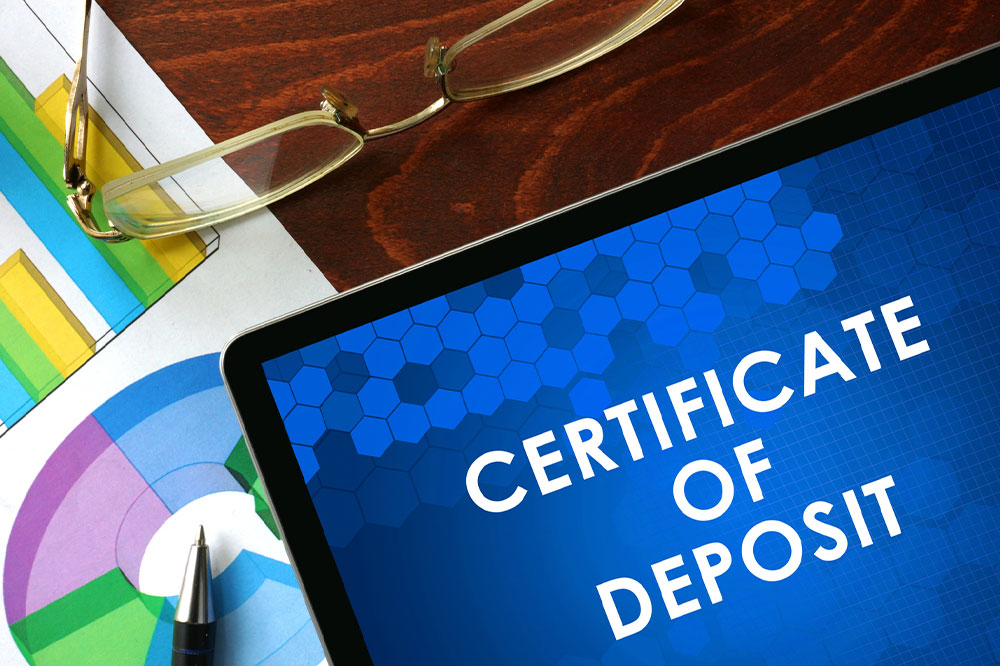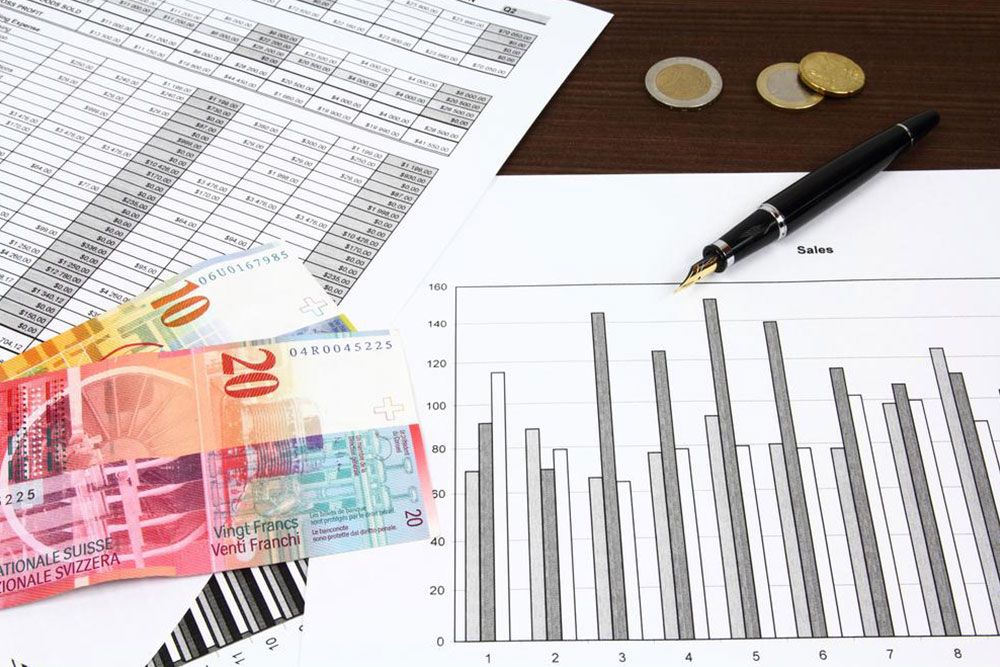Guide to Choosing the Perfect Certificate of Deposit for Your Savings Goals
Discover how to choose the perfect Certificate of Deposit to optimize your savings. Learn about different types of CDs, key factors to consider, and expert tips for making informed investment choices. Secure your financial future with confidence by understanding what fits your needs best in this comprehensive guide to CDs.

How to Select the Best Certificate of Deposit (CD) for Your Financial Planning
Are you aiming to grow your savings securely while earning a respectable return? Do you seek an investment vehicle that offers stability, predictable growth, and peace of mind? If so, understanding the various types of Certificates of Deposit (CDs) and knowing how to select the right one can significantly enhance your financial strategy. CDs are among the most trusted low-risk investment options available, providing fixed interest rates and a predetermined maturity date. Whether you're a conservative investor or seeking to optimize your savings, choosing the right CD can make a considerable difference in your financial well-being.
Understanding What a Certificate of Deposit (CD) Is
A Certificate of Deposit (CD) is a financial product issued by banks and credit unions. It is a time-bound deposit that guarantees a fixed interest rate over a specific period, ranging from a few months to several years. Once you purchase a CD, your funds are locked in until maturity, ensuring a predictable return. This makes CDs an attractive choice for individuals looking for low-risk investment options that offer steady growth without the fluctuations inherent in stocks or bonds.
In exchange for your commitment, the financial institution pays you interest, which is typically higher than what standard savings accounts offer. The fixed interest rate remains unchanged for the duration of the term, providing stability and certainty for your financial planning. Moreover, CDs are insured up to applicable limits by agencies like the FDIC in the United States, adding an extra layer of security for investors.
Types of Certificates of Deposit – Finding the Right Fit
Not all CDs are created equal. Depending on your investment goals, risk tolerance, and liquidity needs, different types of CDs are available to suit your preferences. Here’s an overview of the most common options to consider while selecting a CD:
Traditional CD: The standard choice, offering a fixed interest rate for the entire term. This is ideal for investors who prefer stability and have no immediate need for liquidity.
Bump-Up CD: This type allows you to request a rate increase if market interest rates go up during your term. It's a good choice if you anticipate rising rates and want the flexibility to take advantage of better yields.
Liquid (Flex) CD: Designed for those who need some access to their funds before maturity. This type permits partial withdrawals without penalties, although the interest rates may be slightly lower than traditional options.
Zero-Coupon CD: Unlike regular CDs, these do not pay periodic interest. Instead, they accrue interest over the term and pay the entire amount at maturity. Suitable for savers with a long-term horizon and specific future cash flow needs.
Callable CD: This type can be redeemed early by the issuer if interest rates decline, possibly impacting your expected returns. If you think rates will stay stable or drop, this might not be the best fit.
Brokered CD: These are purchased through brokerage firms rather than directly from banks. They often offer higher yields and access to a wide range of institutions but carry additional risks, such as potential lack of FDIC insurance if issued by non-traditional banks.
Key Considerations When Selecting a CD
Choosing the right CD requires a clear understanding of your financial goals, investment horizon, and liquidity needs. Here are some valuable tips to help you make an informed decision:
Assess Your Investment Timeframe: Determine how long you can afford to leave your funds invested. Longer terms often offer higher interest rates but less flexibility, while shorter terms provide liquidity at the expense of slightly lower rates.
Compare Interest Rates and Fees: Shop around and compare rates across different banks and credit unions. Pay attention to any penalties or fees for early withdrawal, as these can impact your overall returns.
Evaluate the Type of CD: Match the features of each CD with your financial needs—whether you prioritize stability, flexibility, or the ability to capitalize on rising rates.
Consider Insurance and Institution Stability: Verify that your deposits are insured and that the issuing institution has a solid financial standing. This safeguards your savings against unforeseen bank failures.
In summary, selecting the right Certificate of Deposit involves understanding your financial goals, evaluating different types of CDs, and comparing rates and terms carefully. Properly choosing your CD can help you secure a safe, predictable, and potentially more profitable way to grow your savings over time.





